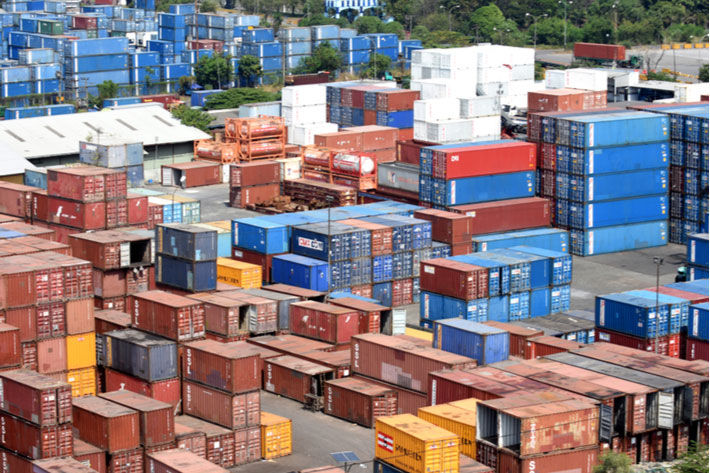
The survey found 42.65 per cent of enterprises believe the impact of COVID-19 is changing the needs of customers, such as using more electronic transactions and e-commerce delivery services.
In addition, other trends have been formed, such as changing the concept of logistics business operation and the ability to work remotely, a Vietnamese newspaper reported.
Enterprises participating in the survey showed an interest in the important role of digital transformation. However, the process generates many difficulties and barriers, such as technical compatibility between their businesses and partners in the logistics service chain (44.74 per cent), limited funding and human resources (42.11 per cent).
Nearly 40 per cent said that they had not yet found the right conversion technology, and 28.95 per cent wondered how to spend appropriate investment and how to start the process.
Moreover, converting a huge amount of existing information to a digital platform was also an obstacle for 15.97 per cent of businesses.
Digital transformation depends a lot on the mindset of business leaders and must be seen as a strategy for businesses including small and medium enterprises, said VLI.
Specifically, 75 per cent of businesses are using forwarding management software; 63.89 per cent of enterprises are using order management software and warehouse management software; and 61.11 per cent are using transportation management software.
Applications that can optimise operations such as vehicle routing system, automatic picking and storage system, and automatic guided vehicles are used by 19.4 per cent, 16.67 per cent and 11.11 per cent of the enterprises respectively.
Drones have not been used at all, but 11.11 per cent of the logistics enterprises plan to use it in the future.
Fibre2Fashion News Desk (DS)